Fetal Alcohol Spectrum Disorder (FASD) is a gathering of conditions that can happen in an individual whose mother drank alcohol during pregnancy.
The term fetal alcohol effects (FAE) was recently used to portray scholarly inabilities and issues with conduct and learning in an individual and these impacts can incorporate physical issues and issues with conduct and learning. Frequently, an individual with an FASD has a blend of these issues.
In 1996, the Institute of Medicine (IOM) supplanted FAE with the terms alcohol-related neurodevelopmental issues (ARND) and alcohol-related birth defects (ARBD).
Cause and Prevention
FASDs are brought about by a woman drinking alcohol during pregnancy. Alcohol in the mother's blood goes to the child through the umbilical cord.
There is no known safe measure of alcohol during pregnancy or when attempting to get pregnant. There is likewise no sheltered chance to drink during pregnancy. Alcohol can mess up a developing child all through pregnancy, including before a lady knows she's pregnant. A wide range of alcohol is similarly destructive, including all wines and beer.
To keep a youngster from having an FASD, a lady ought not to drink alcohol while she is pregnant, or may be pregnant. This is on the grounds that a lady could get pregnant and not know for up to 4 to about a month and a half.
On the off chance that a lady is drinking alcohol during pregnancy, it is never past the point where it is possible to quit drinking. Since cerebrum development happens all through pregnancy, the sooner a lady quits drinking the better it will be for her and her infant. And FASDs are preventable if a lady doesn't drink alcohol during pregnancy.
Signs and Symptoms
FASDs allude to an assortment of judgments that speak to the scope of impacts that can happen to an individual whose mother drank alcohol during pregnancy. These conditions can influence every individual in various manners and can run from gentle to extreme.
An individual with an FASD may have:
Low body weight Helpless coordination Hyperactive conduct Trouble with consideration Helpless memory Trouble in school (particularly with math) Learning inabilities Discourse and language delays Scholarly inability or low IQ Helpless thinking and judgment aptitudes Rest and sucking issues as an infant Vision or hearing issues Issues with the heart, kidneys, or bones Shorter-than-normal tallness Little head size Unusual facial highlights, for example, a smooth edge between the nose and upper lip (this edge is known as the philtrum)
FASD Diagnoses
Diverse FASD analyzes depend on specific side effects and include:
Fetal Alcohol Syndrome (FAS): FAS speaks to the most included finish of the FASD range. Individuals with FAS have focal sensory system (CNS) issues, minor facial highlights, and development issues. Individuals with FAS can have issues with learning, memory, ability to focus, correspondence, vision, or hearing. They may have a blend of these issues. Individuals with FAS regularly struggle in a tough situation coexisting with others. Alcohol Related Neurodevelopmental Disorder (ARND): People with ARND may have scholarly inabilities and issues with conduct and learning. They may do inadequately in school and experience issues with math, memory, consideration, judgment, and helpless drive control. Alcohol Related Birth Defects (ARBD): People with ARBD may have issues with the heart, kidneys, or bones or with hearing. They may have a blend of these. Neurobehavioral Disorder Associated with Prenatal Alcohol Exposure (ND-PAE): ND-PAE was first included as a perceived condition in the Diagnostic and Statistical Manual 5 (DSM 5) of the American Psychiatric Association (APA) in 2013. A kid or youth with ND-PAE will have issues in three regions:
(1) Thinking and memory, where the youngster may experience difficulty arranging or may overlook material the individual has just learned
(2) Conduct issues, for example, serious fits, state of mind issues (for instance, fractiousness), and trouble moving consideration starting with one assignment then onto the next, and
(3) An issue with everyday living, which can incorporate issues with washing, dressing for the climate, and playing with other kids. Moreover, to be determined to have ND-PAE, the mother of the kid probably devoured more than negligible degrees of alcohol before the youngster's introduction to the world, which APA characterizes as in excess of 13 mixed beverages for every long stretch of pregnancy (that is, any 30-day time of pregnancy) or in excess of 2 mixed beverages at a time.
Areas Evaluated for FASD Diagnoses
The term FASDs isn't intended for use as a clinical finding. Diagnosing FASDs can be hard on the grounds that there is no clinical test, similar to a blood test, for these conditions. Furthermore, different issues, for example, ADHD (consideration deficiency/hyperactivity issue) and Williams’s disorder, have a few indications like FAS.
To analyze FASDs, specialists search for:
Pre-birth alcohol presentation; despite the fact that affirmation isn't needed to make a conclusion Focal sensory system issues (e.g., little head size, issues with consideration and hyperactivity, helpless coordination) Lower-than-normal stature, weight, or both Strange facial highlights (e.g., smooth edge among nose and upper lip)
Treatment of FASDs
FASDs endure forever. There is no solution for FASDs; however, research shows that early intercession treatment administrations can improve a youngster's turn of events. There are numerous sorts of treatment choices, incorporating drug to help with certain indications, conduct and instruction treatment, parent preparing, and other elective methodologies. Nobody treatment is directly for each kid. Great treatment plans will incorporate close checking, subsequent meet-ups, and changes varying en route. Additionally, "defensive components" can help lessen the impacts of FASDs and help individuals with these conditions arrive at their full potential.
Defensive components include:
Finding before 6 years old Cherishing, sustaining, and stable home condition during the school years Nonappearance of brutality Association in a custom curriculum and social administrations
Find support!
In the event that you or the specialist thinks there could be an issue, approach the specialist for a referral to an expert (somebody who thinks about FASDs, for example, a formative pediatrician, kid clinician, or clinical geneticist. In certain urban areas, there are centers whose staffs have uncommon preparing in diagnosing and treating youngsters with FASDs.

 FASDs are brought about by a woman drinking alcohol during pregnancy. Alcohol in the mother's blood goes to the child through the umbilical cord.
FASDs are brought about by a woman drinking alcohol during pregnancy. Alcohol in the mother's blood goes to the child through the umbilical cord.





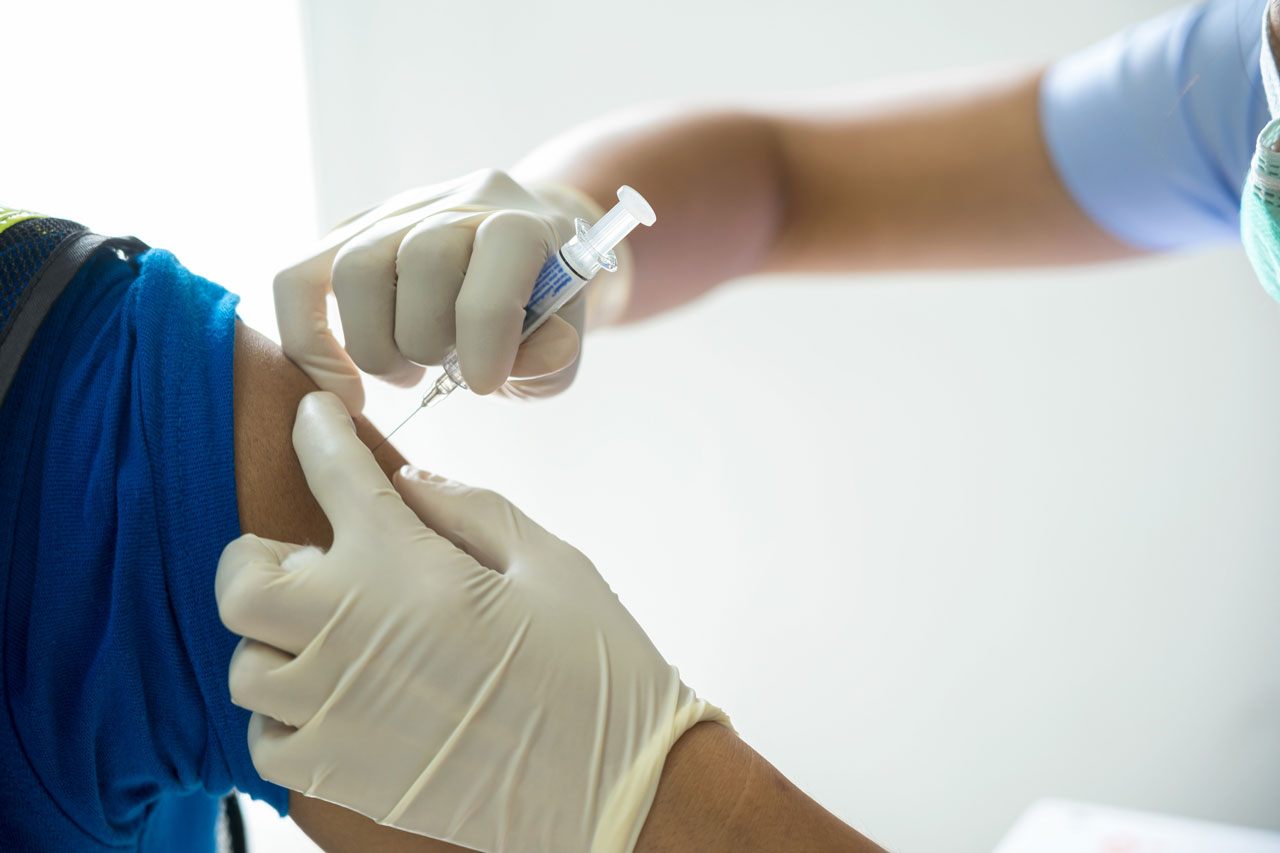
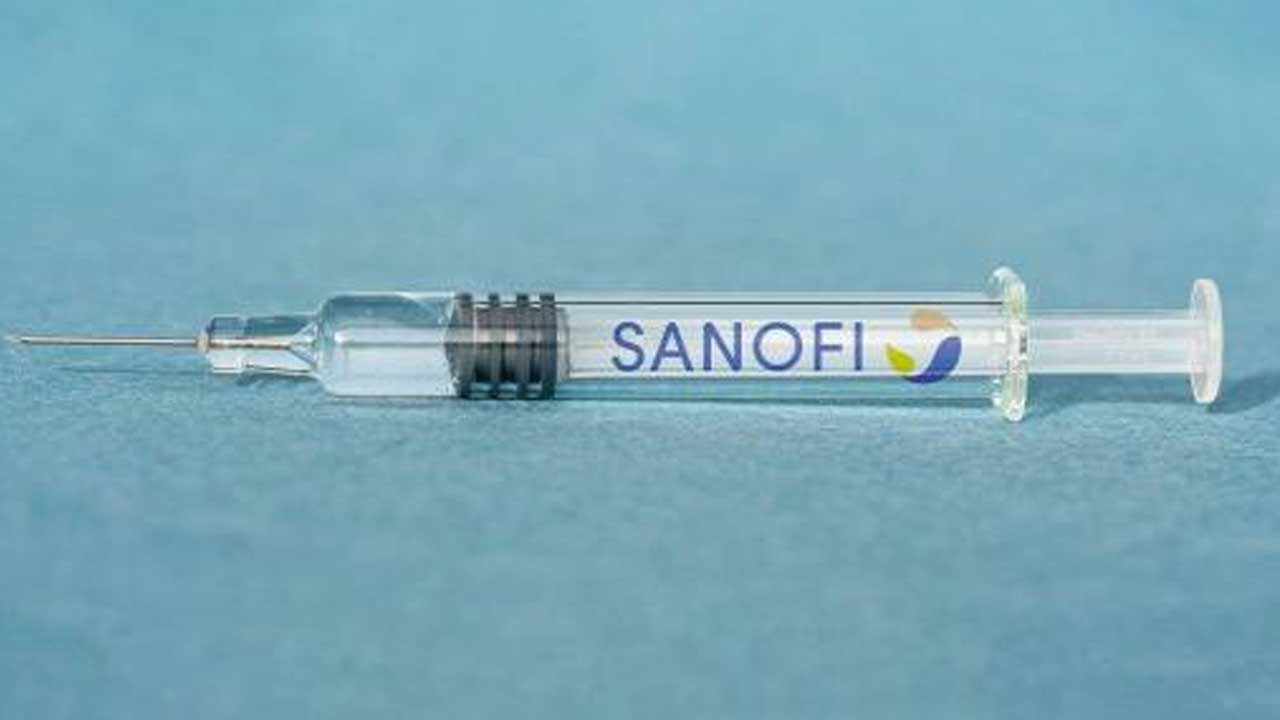
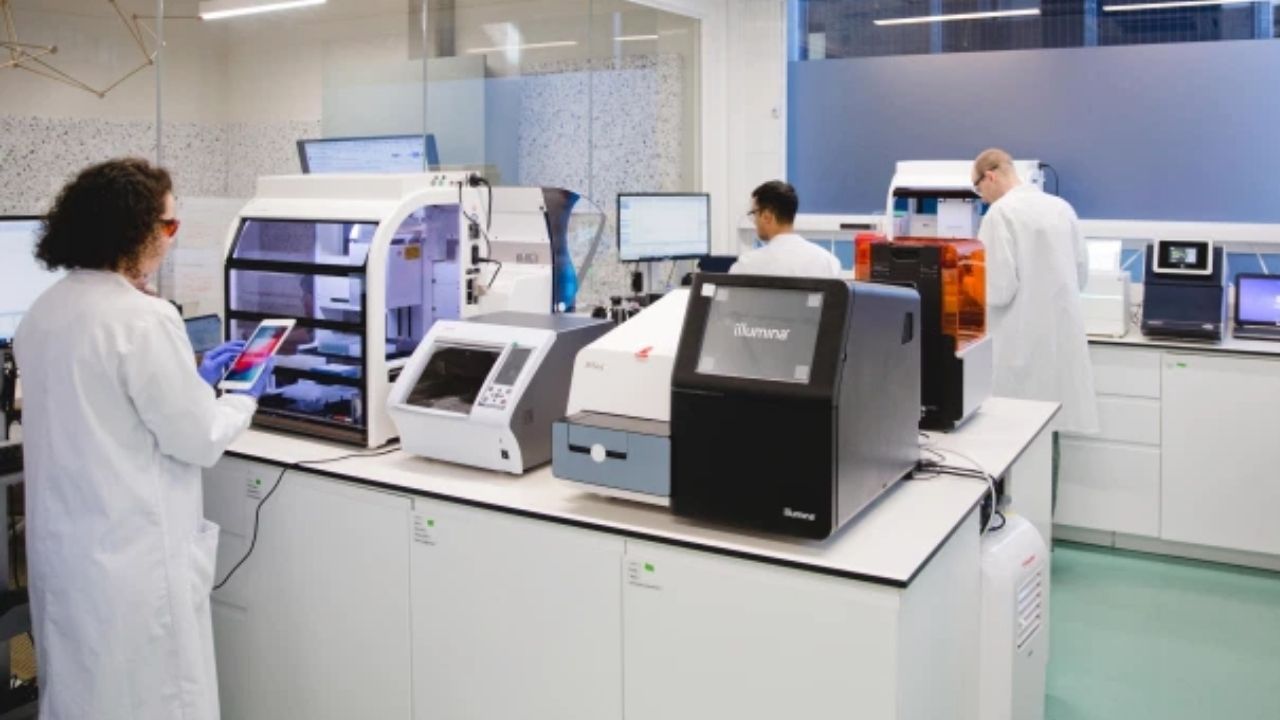


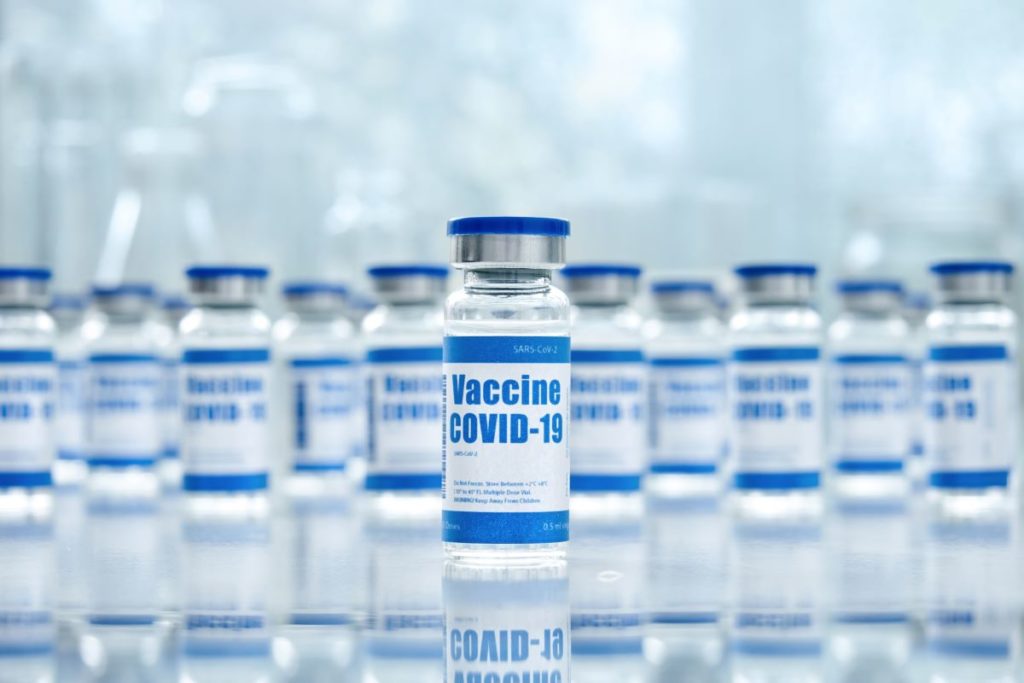


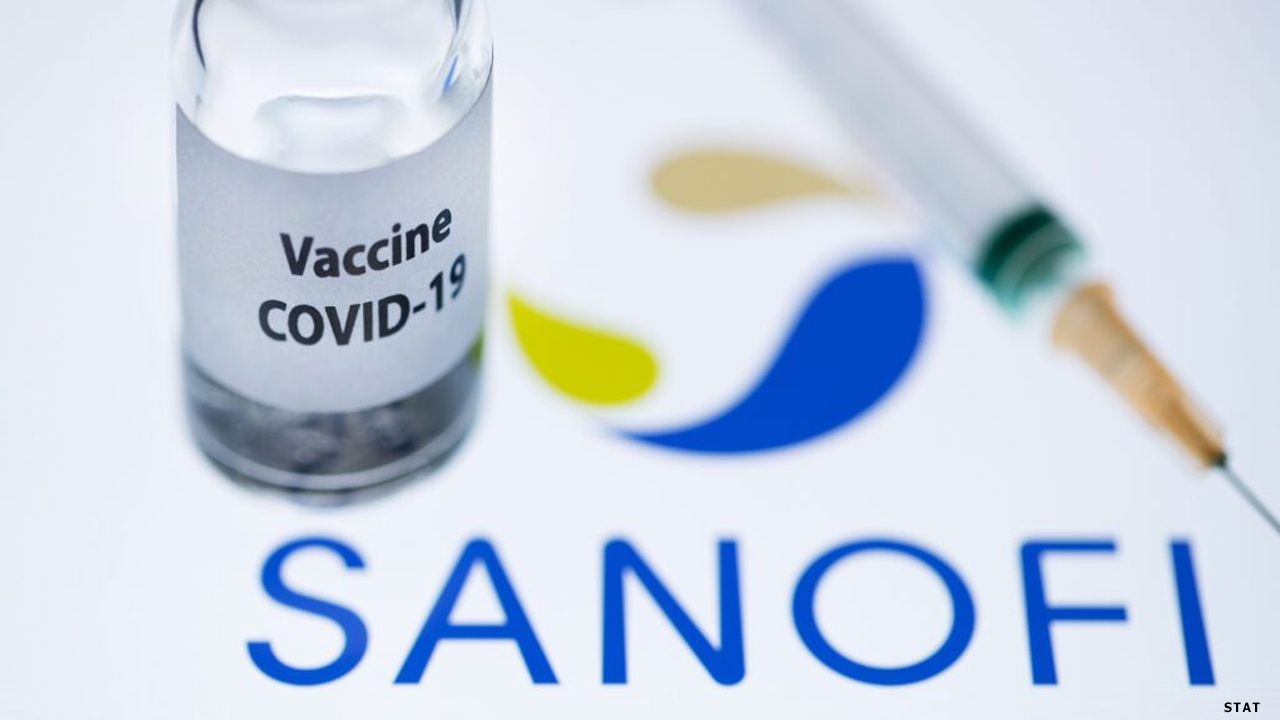





.jpeg)


.jpeg)



.jpeg)
.jpeg)






.jpeg)





